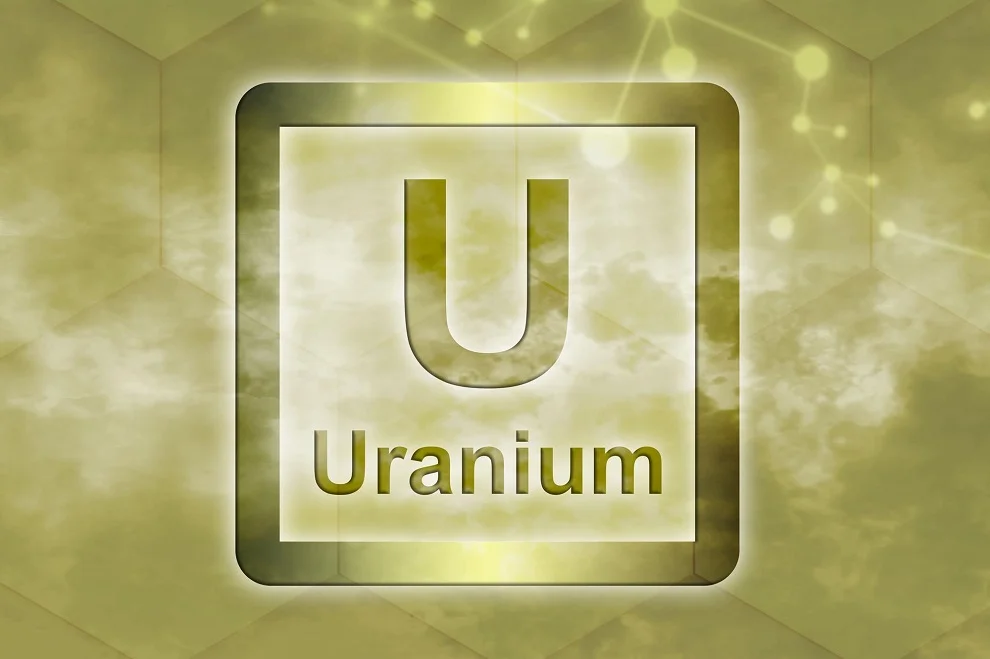A team of nuclear physicists affiliated with various institutions in Japan, working with a colleague in Korea, discovered a previously unknown isotope of uranium with atomic number 92 and mass 241. In their research, published in the journal Physical Review Letters, group forced the isotope to reveal himself and tested the results of his efforts to show that what they had found was indeed uranium-241.
In the last few decades, physicists have discovered that characterizing neutron-rich isotopes is difficult because of the problems associated with creating them. Therefore, ongoing research is looking for new methods for their synthesis under laboratory conditions. In this new effort, the research team tried a new approach – they bombarded a sample of uranium-238 nuclei with a sample of platinum-198 nuclei using an isotope separation system. Such interactions are known to lead to multi-nucleon transfer, where isotopes exchange neutrons and protons. The collision created multiple fragments that the researchers examined to determine their composition.
They found evidence of 19 heavy isotopes containing between 143 and 150 neutrons. Each was measured using time-of-flight mass spectrometry, a technique that involves determining the mass of a moving ion by tracking the time it takes to travel a given distance when its initial acceleration is known. The research team noted that many of the isotopes they measured had never been measured before. They also noted that one of them, uranium-241, had never been observed before, making it the first time a neutron-rich isotope of uranium has been detected since 1979. Researchers also estimate that uranium-241 likely has a half-life of just 40 minutes.
The technique used by the team represents a way to better understand the shapes of large nuclei associated with heavy elements. Blast The research team notes that their discovery method could be used to learn more about other heavy isotopes and possibly discover new ones.
Source: Port Altele
